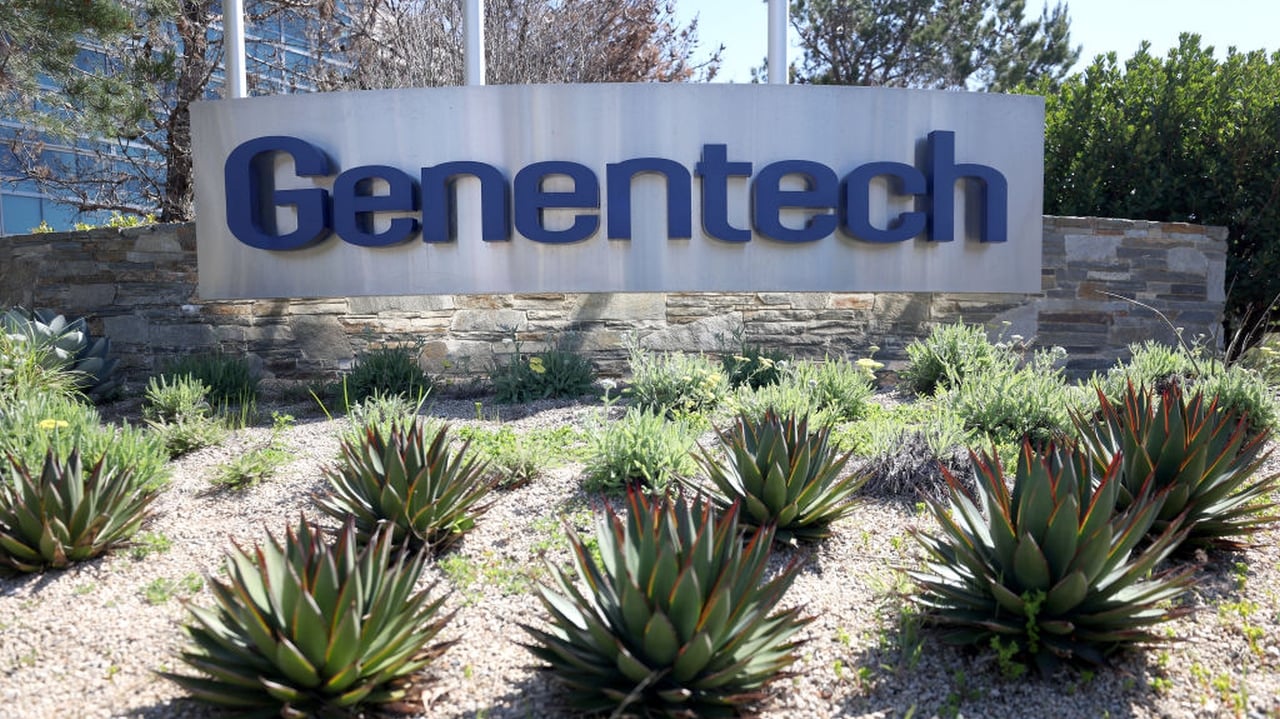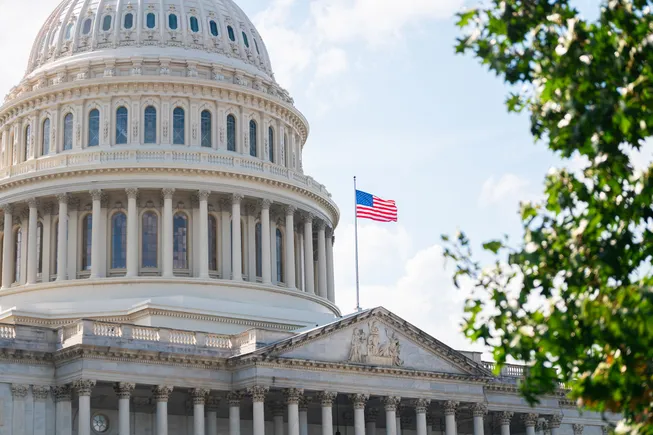Why Do ISS Recommendations “Against” Say on Pay Spike in June?
Key Takeaways The rate of ISS recommendations “Against” say-on-pay proposals peaks in June. The causes of spikes in “Against” recommendations for June meetings are unclear. The findings give rise to questions as to why the “June Phenomenon” occurs. Introduction Proxy season is underway for most US-based publicly traded companies, with April, May, and June representing […]

Ben Burney is a Principal at Exequity, LLP. This post is based on his Exequity memorandum.
Key Takeaways
- The rate of ISS recommendations “Against” say-on-pay proposals peaks in June.
- The causes of spikes in “Against” recommendations for June meetings are unclear.
- The findings give rise to questions as to why the “June Phenomenon” occurs.
Introduction
Proxy season is underway for most US-based publicly traded companies, with April, May, and June representing the busiest months of the year for annual meetings. This is also ISS’s busy season, over which it publishes thousands of reports. For boards of directors, ISS recommendations are of keen interest, and many appreciate being apprised of broader trends in voting results of key peers and in the general market.
Most compensation committees (and compensation consultants) also pay close attention to the rate of “Against” recommendations issued by ISS on the Advisory Vote on Executive Compensation, better known as say on pay (SOP). The impact of ISS’s recommendations is significant: An “Against” recommendation on SOP routinely lowers shareholder votes in favor by 20% to 30%.
ISS “Against” recommendations for Russell 3000 companies fell in 2024 versus the prior several years to ~11%, below the ~12% long-term average going back to the inception of SOP votes and corresponding ISS recommendations in 2011. As of April 30, 2025, the ISS “Against” rate is low: ~7%.
The low rate of ISS “Against” recommendations could give some sense of relief to boards with meetings in May and June, but history shows us that the mid-proxy season results may be deceiving.
In fact, as much as there is a seasonality to proxy filings and annual meetings, there seems to be seasonality to ISS recommendations. Exequity analyzed SOP voting results and ISS “Against” recommendations month by month from 2011 to 2024. [1] The data indicates that companies with annual meetings in June are more likely to receive adverse recommendations from ISS than those holding meetings in other months.






















































































![The F-35’s future: The power and cooling competition that could change everything [Video]](https://breakingdefense.com/wp-content/uploads/sites/3/2024/09/240924_F35_moon_USAF-scaled-e1727200160419.jpg?#)




























































